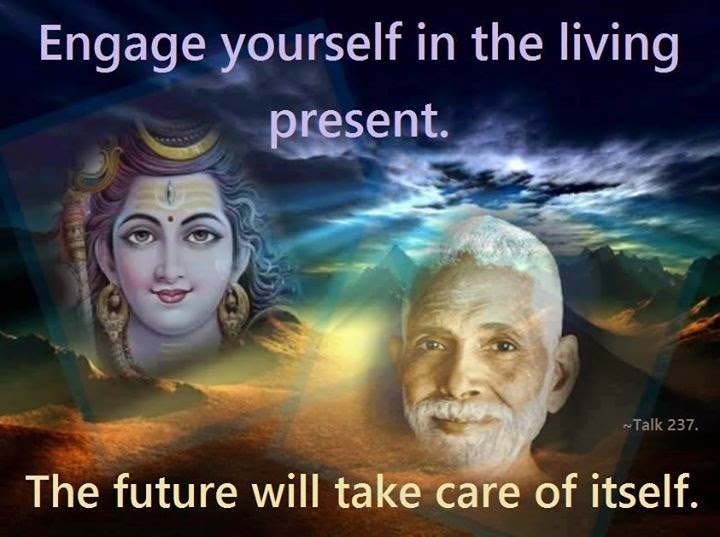Mundakopanishad : [Criticism of rituals -- devoid of knowledge ( Upasana ) ]. Mantram-7.

Mundaka-Upanishad Chapter-1. Section-2. ( Rituals ) Mantram-7. [Criticism of rituals -- devoid of knowledge ( Upasana ) ]. Discussion-2. "Eighteen supporters of Yajnam..........." Eighteen supporters of yajnam are constituted of the sixteen priests ( ritvik-s ) along with the householder ( Yajamanan ) and his wife. These eighteen are important limbs in some kind of rituals, which are performed with some given set of selfish desires. Please note that all 'karma-s,' at all times, in all instances need not have a householder with a wife to preside over it. As though not satisfied with merely condemning such a blind ritualistic fervour in the "ignorant fanatics," Sruti, in all kindness, is courting their imagination by threatening them with unending sorrows, in case they refuse to lift their moorings and sail out into the













.jpg)




.jpg)




